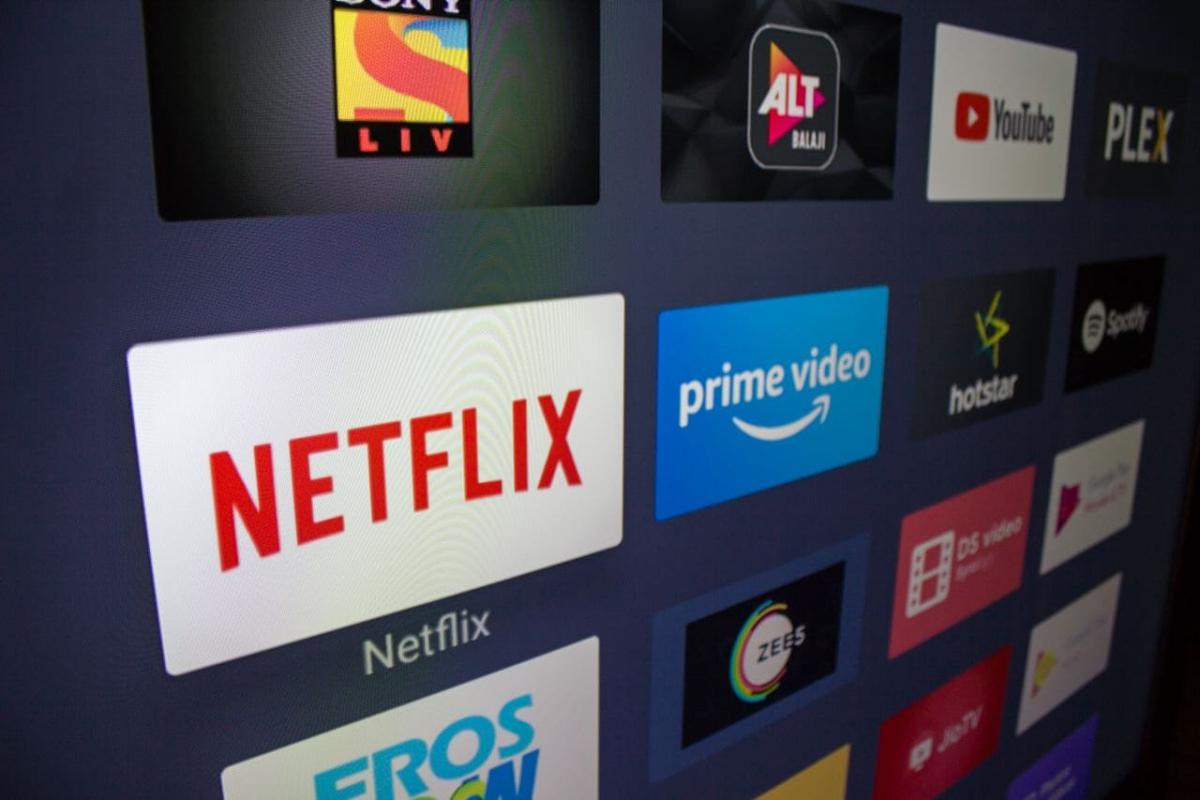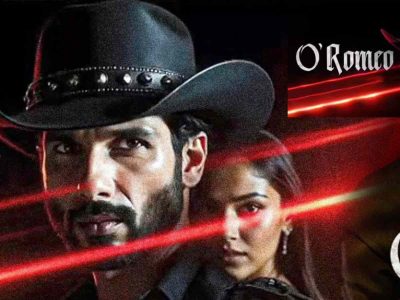The OTT platforms in India fear the looming danger of censorship after government’s new move
Imagine watching Sacred Games – one of India’s most popular series – without Gaitonde hurling abuses at his friends or foes. Or, let’s imagine Munna Tripathi from Mirzapur without his lascivious liaisons. What if censorship on OTT platforms actually tries to ‘tone down’ these shows in such ways?
Well, this debate yet again resurfaced after it was announced on 11 November that the Union government has brought streaming video services such as Netflix, Amazon Prime and Hotstar, along with news websites under the ambit of the Information & Broadcasting Ministry for regulation.
The rules haven’t yet been drafted, and nothing has been stated regarding the requirement of censorship or certification of the shows and films on OTT platforms as of yet. But one question that haunts the film fraternity and viewers are – is the authority inching towards creative censorship on these platforms?
We all are aware that India’s tryst with censorship has not been a pleasant one. From Fire (1996) to Padmaavat (2018) – films made for theatrical releases often had to bear the brunt of the Central Board of Film Certification (CBFC). The same holds true to TV shows – where abuses, nudity or bold scenes are a big no-no!
And this is where OTT platforms like Netflix, Amazon Prime Video, Disney+Hotstar, Zee5, AltBalaji, among many, came as a breath of fresh air. There, the content flowed freely – a first of its kind in our country. Like international shows, we also started making shows which refused to shy away from depicting life in its rawest and truest form.
Be it shows like Sacred Games, Mirzapur or Pataal Lok – which boldly portrays the dark world of crime, gangster, politics and everything in between — to shows like Made in Heaven, Four More Shots Please, Masaba Masaba – which unabashedly explores stories of women’s desire, sexuality and more. These Indian shows are rooted in reality, and reality is not all roses or ‘two roses kissing’ (if you know what it used to symbolise in Hindi films…for ages!).
But as one section seemed to celebrate such bold content, another detested it – calling it ‘sensationalism.’ Shows also often received flak for apparently hurting national sentiments or a particular political belief. These, however, never deterred the creators to express themselves fully. After all, the OTT platforms gave them their much-awaited creative freedom.
Thus it goes without saying that this move by the government is not welcomed by the film fraternity. Screenwriter Aniruddha Guha shared on Twitter, “This is DANGEROUS, and we all need to speak out against it! The OTT and online space is literally the only medium in India that gives creators *some* freedom and security, and throttling independent voices is going to destroy whatever free speech is left in the country!”
Director Rahul Dholakia tweeted, “Forget Bihar, Arnab, Biden, Diwali…this is the news that’s going to control the way we think!! It’s like Dracula is the president of the blood bank !! RIP Creativity.” Karan Anshuman, known for directing web series like Inside Edge and Mirzapur, termed the move “unacceptable.” He wrote on Twitter, “Unacceptable. Viewers and creators have to band together and challenge censorship in any and every manner!”
Even the viewers are not happy with the move, and the idea of their favourite OTT content coming under scrutiny has generated negative reactions mostly. Some even question how can authority have the power over our private viewing?
Unlike TV or theatrical releases, OTT platform content comes under private viewing. The consumers – whether he or she is an adult or teenager – needs to create an account, subscribe, login and then choose which film or show to watch. This comes under private viewing, and censoring that would imply something much more than just ‘regulating objectionable content.’ It might indicate control of the viewers’ choices.
But it’s too early to say whether such a step will be taken, and if yes then how it will transpire. We are not aware of the authority’s next move, but what we are aware of is what the viewers and content creators want – creative freedom, and more content which feels, looks and sounds authentic!




